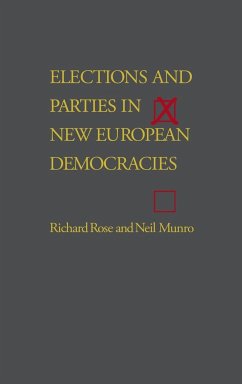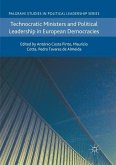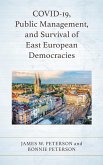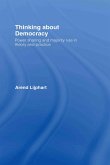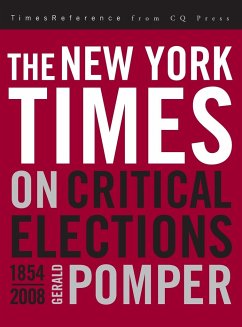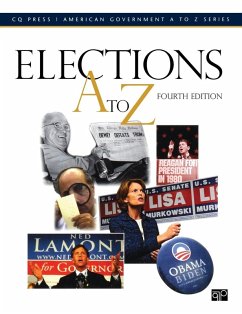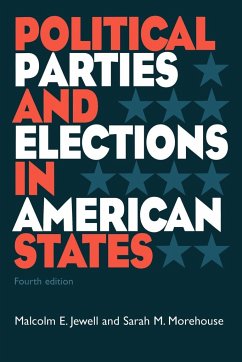Since the fall of the Berlin Wall in 1989, elections without choice have been replaced by free and fair elections in Bulgaria, the Czech Republic, Estonia, Hungary, Latvia, Lithuania, Poland, Romania, Slovakia, Slovenia, and Russia. This reference provides all the basic information about elections in these new democracies. Part One systematically compares the operation of electoral systems, the formation of parties without civil society, and the behavior of voters without trust. It includes sophisticated multi-stage model of election outcomes. In Part Two, each country has a chapter systematically reporting the votes and seats won by every party with at least one percent of the vote at one parliamentary election since 1990. Where the president is popularly elected, results are given too. The data comes from the definitive record, reports of national election commissions in eleven different languages.
Hinweis: Dieser Artikel kann nur an eine deutsche Lieferadresse ausgeliefert werden.
Hinweis: Dieser Artikel kann nur an eine deutsche Lieferadresse ausgeliefert werden.

